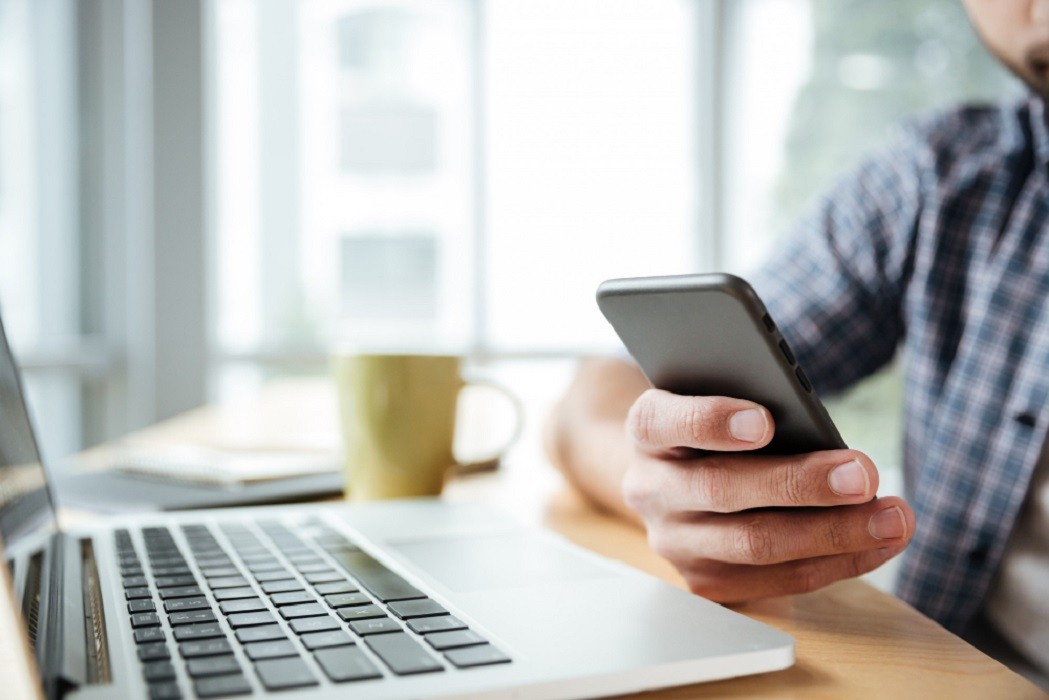Panama
Most common distractions at work and how to avoid them
Let’s be honest. There are many distractions at work, so it is very easy to get distracted. Amid all the paperwork at work, the temptation to scroll through social media and waste 20 minutes laughing can sometimes be too much.
But what can you do to curb the many distractions at workplace and stay on top of your work? If you want to know what some of the most common distractions at work are, read on! Here’s everything you need to know, plus some helpful tips on how to deal with them.
What are the most common distractions at work?
Social media
Social media may have transformed our lives, connected us in ways we couldn’t have imagined, but it’s also a huge productivity killer at workplace.
In a 2012 survey by Salary, 64 percent of respondents said they visited non-work related websites every day, being Facebook the most visited site.
This has an explanation, according to psychiatrist Susan Weinschenk. The brain is more active when people expect a reward, and in the digital age, we have tools like Facebook that allow us to satisfy our information search cravings with instant gratification.
To avoid this, the first step is to disable access to the sites you visit on your work computer. If you find that you’re looking for your smartphone, download an app designed specifically for procrastinators that temporarily blocks specific apps and websites during business hours.
Colleagues
Nobody wants to come off as antisocial, but when you’re really busy, the last thing you need is for one of your classmates to sit down and ask you about your favorite TV series. Even if it’s work-related, giving up everything you’re doing to talk can derail you from your goal.

The key to stopping, or at least minimizing, this unwanted attention is to clearly give the impression that you are too busy to speak. If allowed, wear headphones. Try to avoid eye contact when colleagues pass your desk; this will give the impression that you are busy in another way.
Office phone
Constant calls from other departments are one of the biggest distractions at work and one of the barriers to do so, especially if the calls are related to urgent tasks that require an immediate response.
It’s very easy for jobs to pile up as calls come in and your original work gets neglected; this is where you should try to prioritize and complete your tasks before it gets too much.
If this means not answering the phone until you’ve caught up, so be it. But make sure you set up a voicemail that explains to people that you will be reaching out to them ASAP, and then try to do exactly that.
Your personal phone is one of the distractions at work
Sometimes it is difficult to leave your personal luggage at the office door. Important things may happen at home and you may need to take certain calls or answer certain messages. OK. But when you check the group chat every five minutes or call your partner to find out what’s for dinner, it can become a distraction.
Unless you’re expecting an important call, keep your phone in a drawer or in your purse so you’re less inclined to check it. Make sure it is also in silent mode; there is nothing more irritating to your colleagues than the same message tone ringing all day.
Noise
Noise is one of the worst causes of disruption at workplace and comes in many forms, some intentional and some not. Whether it’s two colleagues laughing in the break area, the furious typing of your partner’s keyboard, or your manager speaking at full volume, it can become enormously frustrating.
This also includes external distractions. Even something as trivial as an ambulance siren, a street drill, or a screeching train to a stop can drive you crazy.
As mentioned above, headphones are the best option here, especially the ones that cancel noise. If you are not allowed to wear headphones, explain the situation to your manager and point out that they are cancelling the noise and that you are not listening to music.
Email addresses
Unlike phone calls, emails aren’t such an immediate distraction, but they can still distract your mind from what you were originally supposed to be doing.
As much as you want it to, it’s not wise to ignore emails as they arrive, so turning off notifications shouldn’t be possible. However, you can easily get an idea from the notification of the matter whether it is urgent or not, and anything that is not can wait until later.
Meetings
For many people, meetings are the nightmare of the office environment. There is nothing more annoying than sitting in a boring meeting about the work you need to do, instead of doing the work.
If you are focused on an important and urgent project, you must specify it on your calendar and most of the time your absence will be justified. However, if you just cannot get out of the meeting, you should try to minimize the amount of time you spend away from your desk.
Depending on your position, try to appoint a leader who can keep things on topic and discourage arguments, and suggest a time limit that is adhered to. You are unlikely to be the only person with more pressing matters, so the more streamlined the process, the better it is for everyone.
Hunger
This is something that can be easily overlooked, but it is very important and may have a bigger impact on your productivity than you might think. There is nothing worse for your concentration than sitting at your desk with your stomach growling, counting down the minutes to have lunch; this is why managing your food intake can be just as important as controlling your workflow.
Eating something between breakfast and lunch, and in the middle of the afternoon again, should be fine and should keep hunger at bay. However, be careful what you eat. Avoid foods that are high in sugar as they can cause spikes and drops in your concentration. Instead, keep a good supply of nutritious and healthy foods on hand, such as almonds, protein bars, and fresh fruit from your home.
Cigarettes and / or coffee
Leaving your desk for coffee or a cigarette isn’t really a bad thing; it’s nice to cool off and have a few minutes when you’re not staring at a computer screen. But when you do it regularly, it can become a major disruption to your productivity, as well as costing the company hours lost.
If you’re not at your desk, then you’re not working, and it can take time to refocus and get back “in the zone” when you’ve been away from your computer.
Bring a pot of coffee and restrict your visits to the break area to once in the morning and once in the afternoon.


 Español
Español